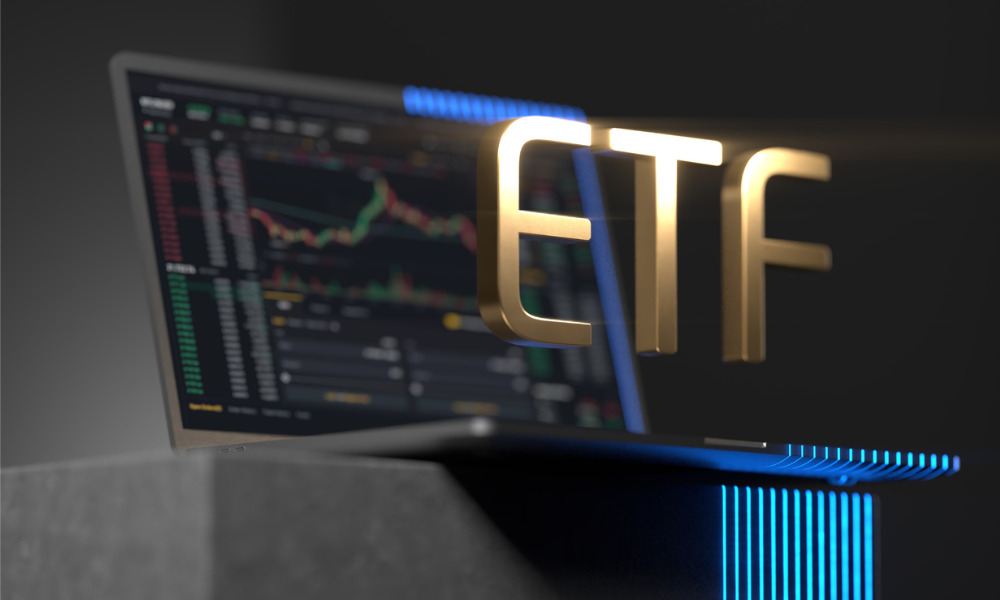

The expenses associated with managing, marketing, and other costs of running an investment fund make a big difference to the returns to investors, but the long-term trend is favorable.
A new report from the Investment Company Institute reveals that the average expense ratio for mutual funds has continued a downward trend for the 14th consecutive year and in 2023 decreased two basis points for equity mutual funds (to 0.42 percent) while it remained steady at 0.37 percent for bond mutual funds. Investor interest in lower-cost equity mutual funds has helped fuel declines in average expense ratios for both actively managed and index equity mutual funds.
Looking at the stats longer term, the average expense ratio for long-term mutual funds has decreased over 27 years (from 1996 to 2023) – 60 percent for equity funds and 56 percent for bond funds. This is largely due to a market shift toward low-cost funds, with 92 percent of gross sales of long-term funds in 2023 being no-load funds, which have no 12b-1 fees. In 2000, these funds accounted for 46 percent of gross sales.
“The ongoing shift toward no-load funds, which is bolstered by the popularity of 401(k) plans and other retirement accounts, continues to be an important factor affecting average mutual fund expense ratios in 2023,” explained James Duvall, ICI economist. “Sustained growth of index mutual funds and competition from ETFs also played a major role.”
For ETFs, the average expense ratio for index equity funds declined one basis point to 0.15 percent last year while for index bond ETFs it remained unchanged at 0.11 percent. The growth of the market has enabled funds to get bigger and helped bring down expenses as a percentage of assets.
While 2023 saw overall lower expense ratios for mutual funds and ETFs, for money market funds the ratio increased, from 0.13 percent in 2022 to 0.22 percent in 2023, as short-term interest rates impacted fund sponsors’ willingness to relax expense waivers they had been offering to funds.

Relationships are key to our business but advisors are often slow to engage in specific activities designed to foster them.

Whichever path you go down, act now while you're still in control.

Pro-bitcoin professionals, however, say the cryptocurrency has ushered in change.

“LPL has evolved significantly over the last decade and still wants to scale up,” says one industry executive.

Survey findings from the Nationwide Retirement Institute offers pearls of planning wisdom from 60- to 65-year-olds, as well as insights into concerns.
Streamline your outreach with Aidentified's AI-driven solutions
This season’s market volatility: Positioning for rate relief, income growth and the AI rebound
